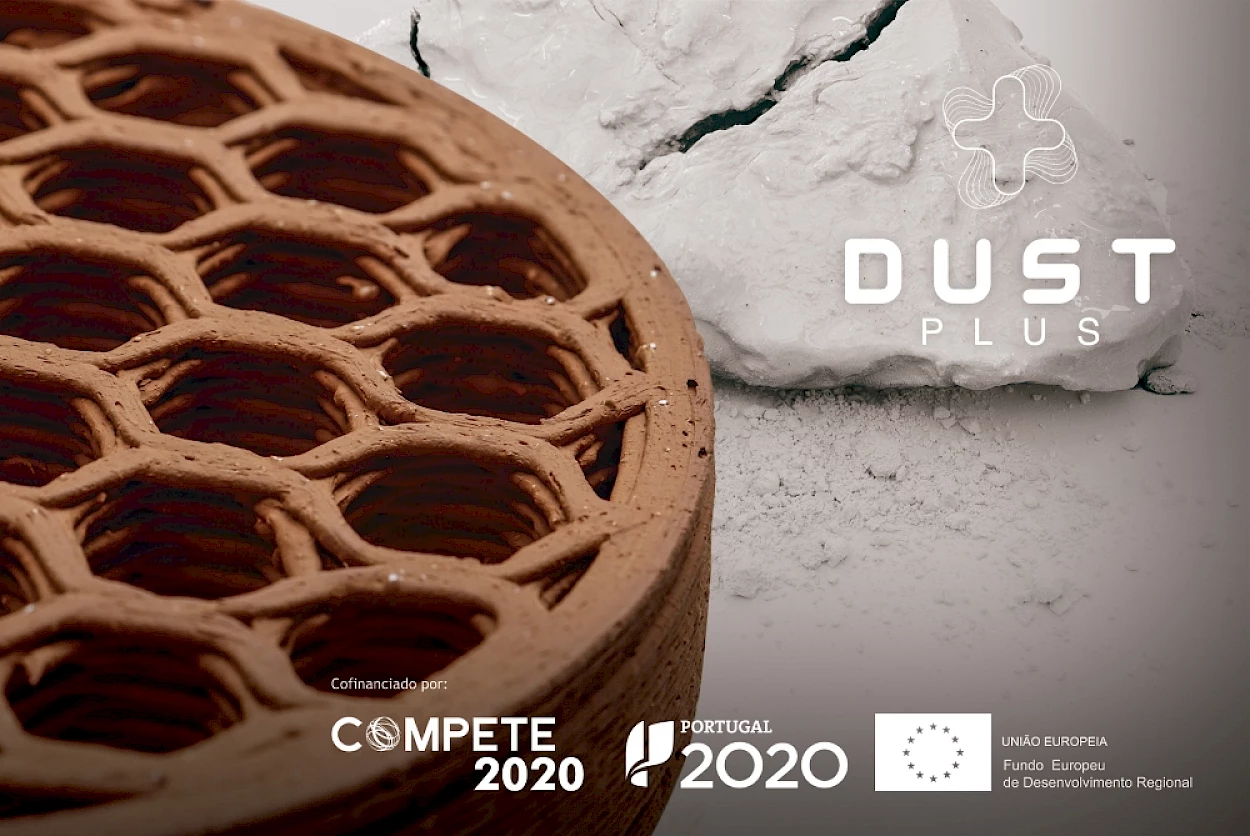Scientists develop new sludge dewatering process using bioflocculants
Compared to the flocculants used today, this water treatment has higher particle removal efficiency and lower toxicity and environmental impact.
A research team from the Faculty of Sciences and Technology of the University of Coimbra (FCTUC) has developed a new sludge dewatering process using bioflocculants with a lower environmental impact.
The DUST+ project aimed to develop composites based on stone dust from the residual sludge of limestone processing, incorporating hydraulic or polymeric binders.
"We have developed a water treatment process in which we have replaced acrylamide with a biological polymer that guarantees greater particle removal efficiency and lower toxicity and environmental impact compared to the flocculants currently used," explains Paula Morais, Professor at the Department of Life Sciences (DCV), Head of the Microbiology Group and researcher at the UC Centre for Mechanical Engineering, Materials and Processes (CEMMPRE).
Morais adds that this biopolymer is neither toxic to water nor waste, a key factor since it will be reused to produce other materials, as part of the project. "We have tested this system on a pilot scale and shown that the polymer works perfectly in this process," says the researcher.
In addition to the biological flocculant, this project has led to the development of composite materials/pastes based on the incorporation of powder obtained from limestone processing sludge and the creation of innovative products, namely pieces of natural stone, using the composite materials/pastes developed based on 3D printing technology. It has also been demonstrated that the new products have a high level of circularity by adding waste limestone powder sludge.
We are currently evaluating the cost-effectiveness of production to replace acrylamide with biopolymer, and we believe it could be quite interesting to commercialise this new system as it could open doors to different types of water treatment. "If it's relevant for the flocculation of particles from stone-cutting, it's also relevant for the flocculation of other types of materials," says Paula Morais.
The success of the project has been ensured by the creation of a multidisciplinary consortium with complementary skills in key areas of innovation, comprising the University of Coimbra, SOLANCIS - Sociedade Exploradora de Pedreiras S.A., CeNTI - Centre for Nanotechnology and Technical, Functional and Intelligent Materials, and Itecons - Institute for Research and Technological Development for Construction, Energy, Environment, and Sustainability.

